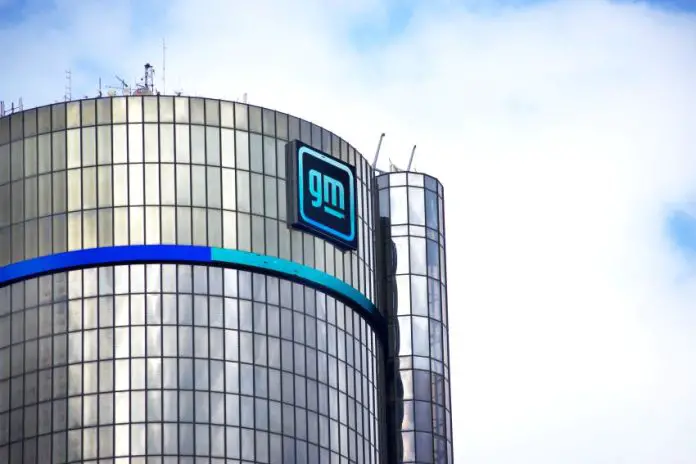United States automaker General Motors and Taiwanese electronics manufacturer Foxconn look set to help the Mexican government achieve its goal of reducing Mexico’s reliance on imports.
Vidal Llerenas, Mexico’s deputy economy minister for industry and trade, said Wednesday that the two companies will announce plans to substitute imports for locally made products later this month.

GM said Thursday that it “fully supports” the Mexican government’s efforts to strengthen regional supply chains, but it declined to “respond to speculation about future plans.”
The company also said that 90% of the parts it uses for production in Mexico are sourced within North America.
GM has four plants in Mexico, while Foxconn has a presence in Chihuahua, and announced last week that it will build a huge factory in Guadalajara, Jalisco, where it will assemble “superchips” for California-based technology company Nvidia.
Speaking at an automotive industry event in Mexico City, Llerenas said that the federal government is holding talks with other large companies, such as logistics firm DHL and automaker Stellantis, to determine which of their imports could be manufactured in Mexico.

According to Reuters, the official also said that U.S. tech company Intel — which has a facility in Guadalajara — has committed to substitute 12% of its imports to Mexico. Heat sinks and thermal trays are among the products it plans to source locally.
Llerenas also said that Mexican appliance manufacturer Mabe is seeking to substitute half of its imports with locally made products.
His remarks came a week after his colleague, Deputy Economy Minister for Foreign Trade Luis Rosendo Gutiérrez Romano, said in an interview with The Wall Street Journal (WSJ) that the new administration led by President Claudia Sheinbaum wants U.S. automakers and semiconductor manufacturers, as well as large aerospace and electronics companies, to substitute some goods and components made in China, Malaysia, Vietnam and Taiwan.
“We want to focus on supporting our domestic supply chains,” Gutiérrez said.
The WSJ said that the government “is asking some of the world’s biggest manufacturers and tech firms operating in the country to identify Chinese products and parts that could be made locally.”
Finance Minister Rogelio Ramírez de la O said in late July that replacing just one-tenth of Chinese imports with products made in North America could increase GDP growth in Mexico by 1.4 percentage points over current or recent levels.
With reports from Reuters
